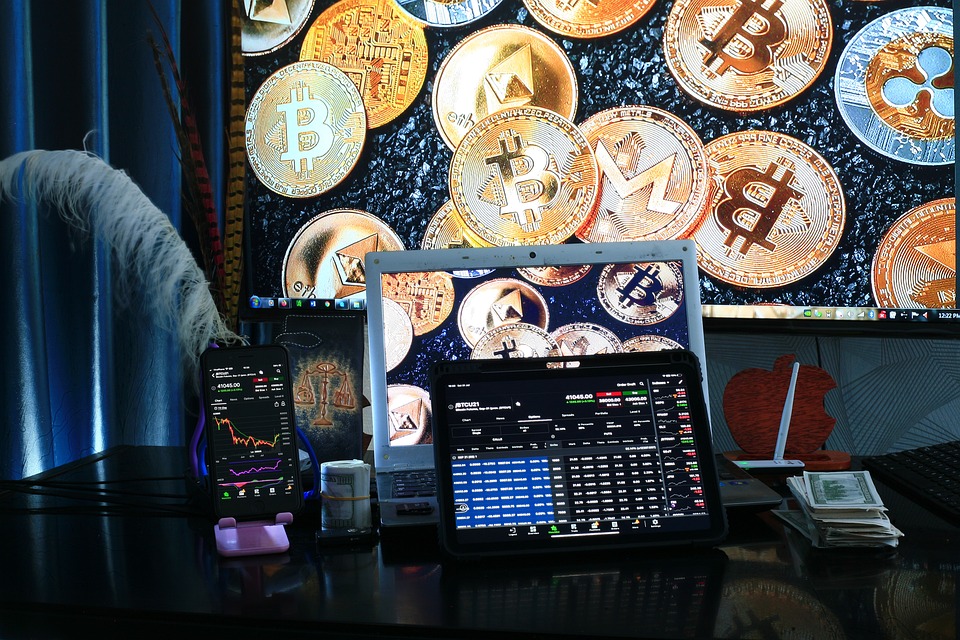The Impact of Crypto on Forex Markets: Opportunities and Challenges
The rise of cryptocurrencies has disrupted traditional financial markets, including the foreign exchange (Forex) market. As the popularity of digital currencies like Bitcoin, Ethereum, and others continues to grow, their impact on Forex markets is becoming increasingly significant. In this article, we will explore the opportunities and challenges that the integration of crypto into Forex markets presents.
Opportunities
- Increased Liquidity: The introduction of crypto into Forex markets has increased liquidity, allowing for more trading opportunities and tighter spreads. This is because crypto trading is often done outside traditional banking systems, reducing the need for intermediaries and increasing the flow of capital.
- New Trading Strategies: The volatility of crypto markets has attracted a new breed of traders who are looking for alternative investment opportunities. This has led to the development of new trading strategies that combine traditional Forex analysis with crypto market insights.
- Diversification: The integration of crypto into Forex markets offers traders a new asset class to diversify their portfolios. This can help reduce risk and increase potential returns.
- Increased Market Transparency: The decentralized nature of crypto markets has led to increased transparency, as all transactions are recorded on a public ledger (blockchain). This has made it easier for traders to analyze market trends and make informed decisions.
Challenges
- Volatility: Crypto markets are known for their extreme volatility, which can be challenging for Forex traders who are used to more stable markets. This volatility can lead to significant losses if not managed properly.
- Regulatory Uncertainty: The regulatory environment for crypto is still evolving, and this uncertainty can create challenges for traders and brokers. In some cases, regulatory bodies have banned or restricted crypto trading, while others have implemented strict guidelines.
- Security Risks: Crypto trading involves significant security risks, including the potential for hacking and theft. Traders must take extra precautions to protect their accounts and private keys.
- Market Manipulation: The lack of regulation in crypto markets has led to concerns about market manipulation. This can result in artificially inflated or deflated prices, making it difficult for traders to make informed decisions.
Conclusion
The integration of crypto into Forex markets presents both opportunities and challenges for traders and brokers. While the increased liquidity, new trading strategies, and diversification opportunities are attractive, the volatility, regulatory uncertainty, security risks, and market manipulation concerns must be carefully managed.
To capitalize on the opportunities and mitigate the challenges, traders and brokers must stay informed about market trends, regulatory developments, and security best practices. Additionally, the development of more robust infrastructure and regulatory frameworks will be essential for the long-term growth and stability of crypto-forex markets.
As the crypto-forex landscape continues to evolve, it is clear that the future of trading will be shaped by the intersection of traditional Forex markets and the rapidly growing world of cryptocurrencies.
